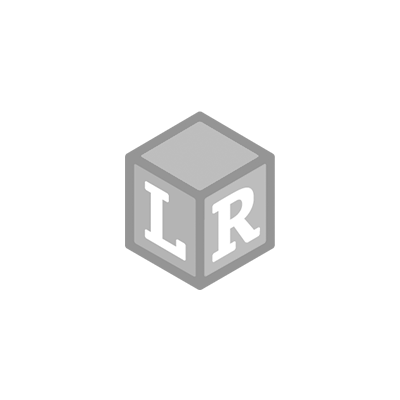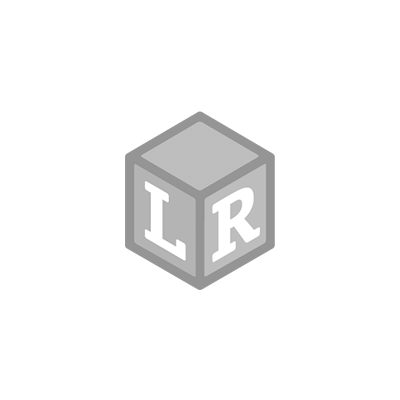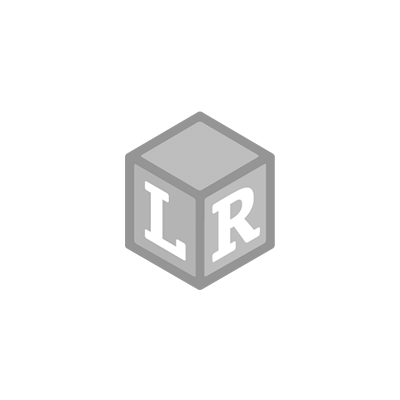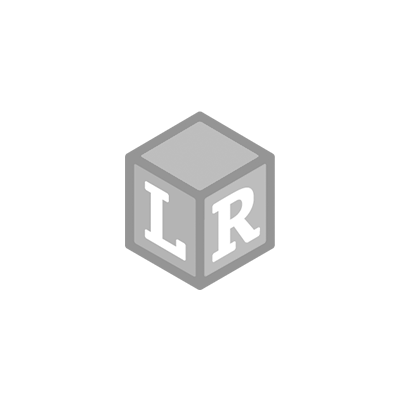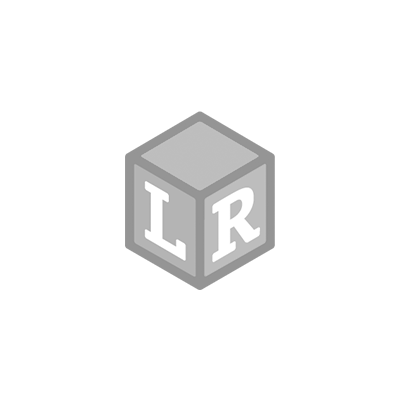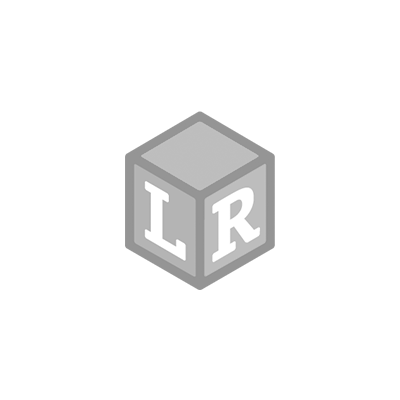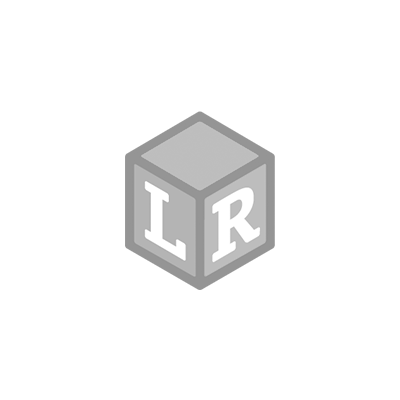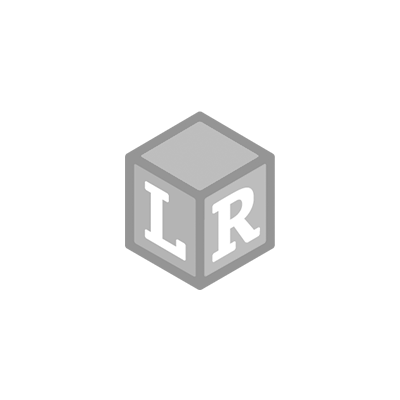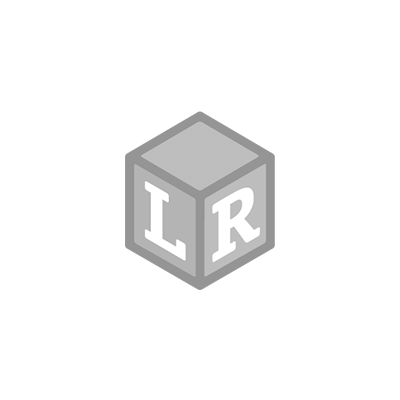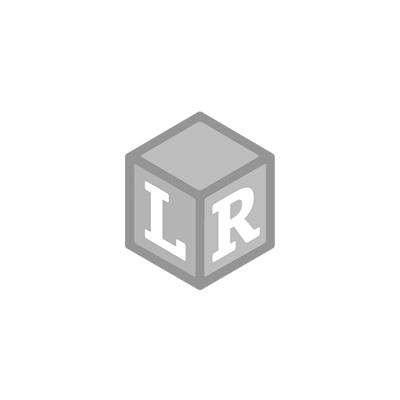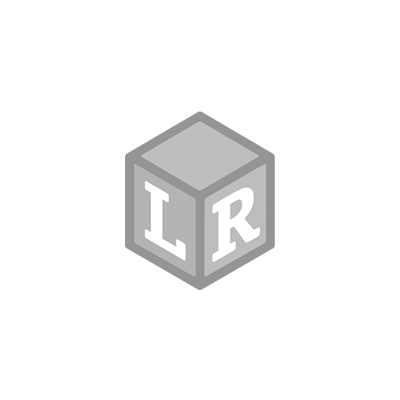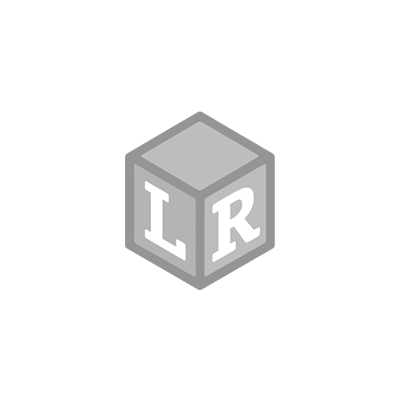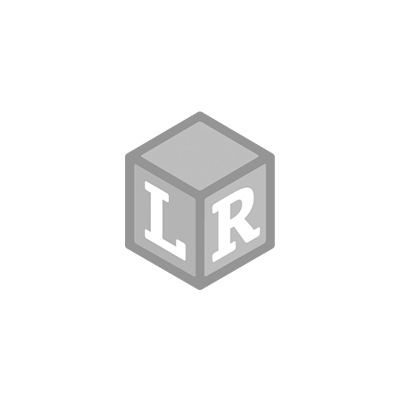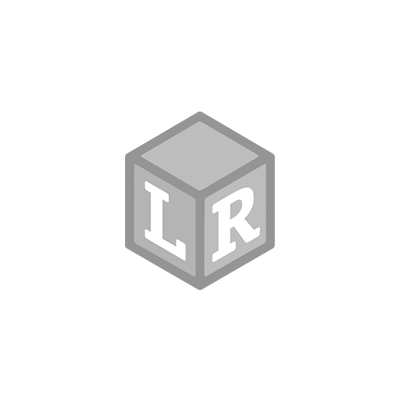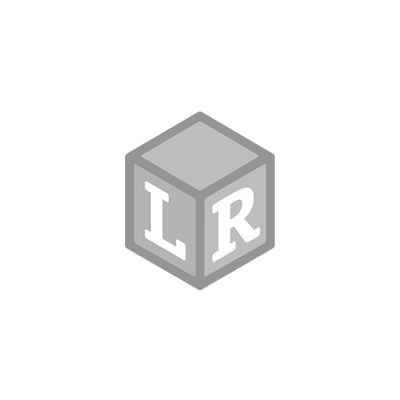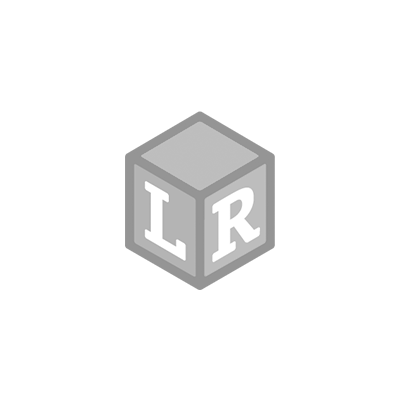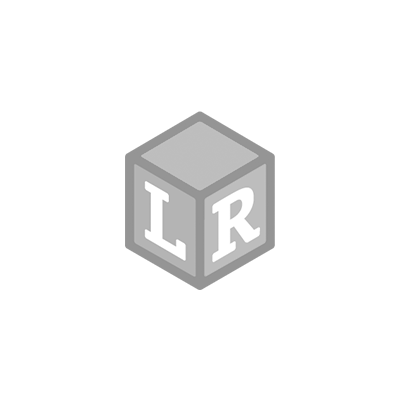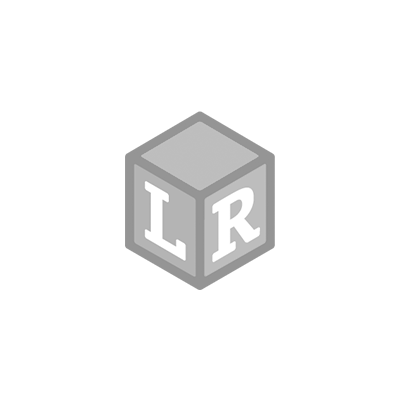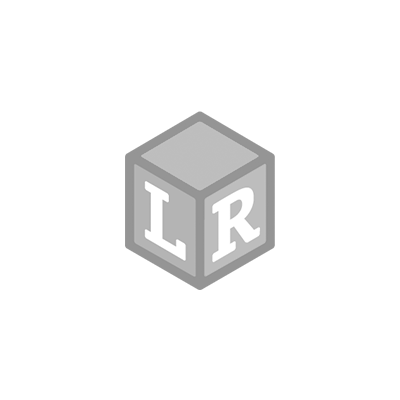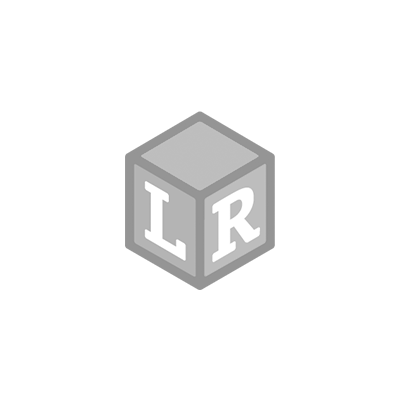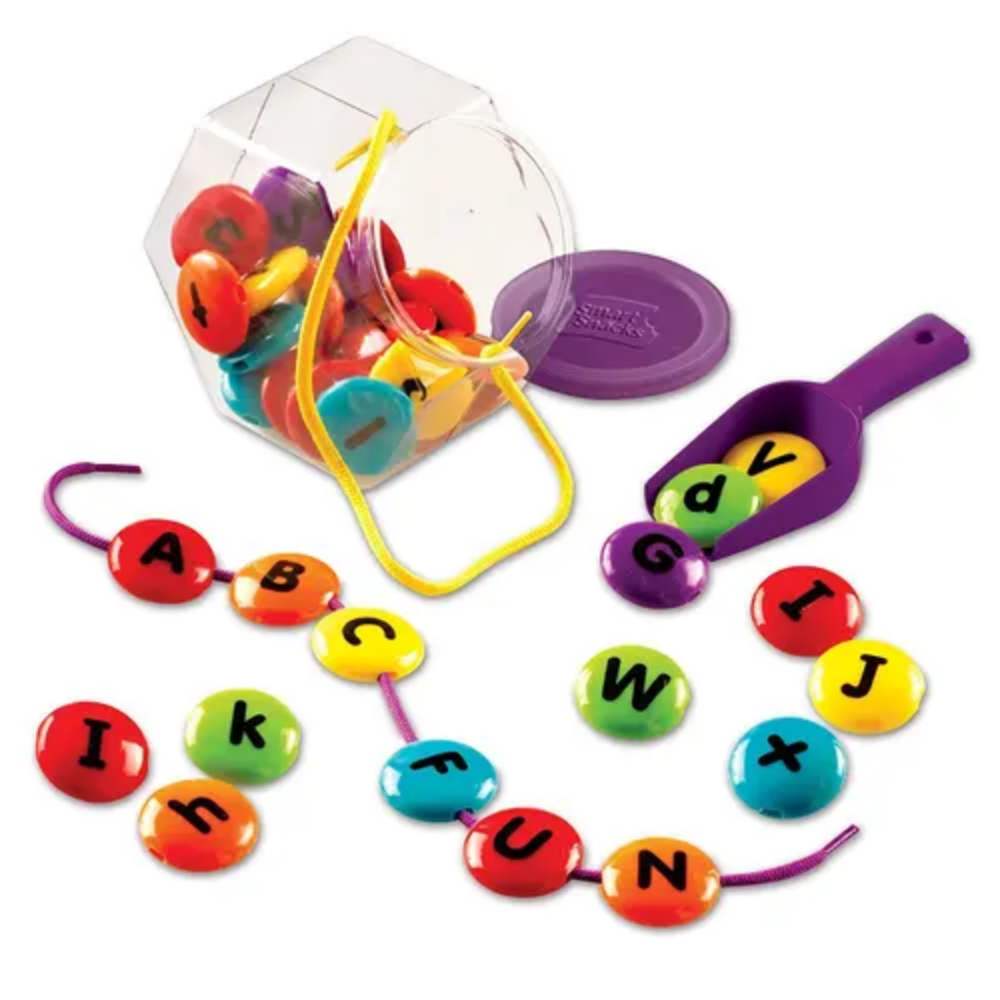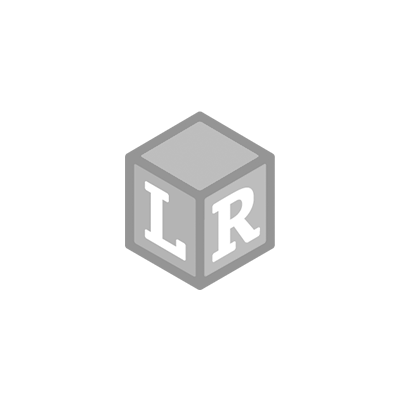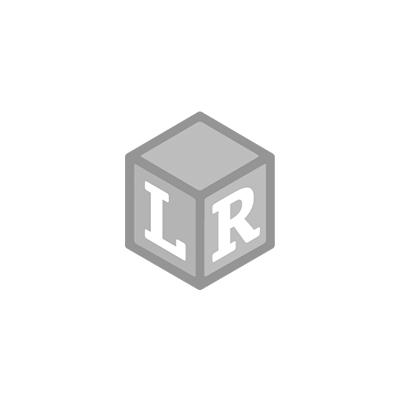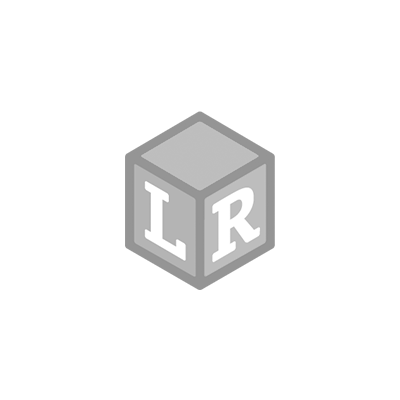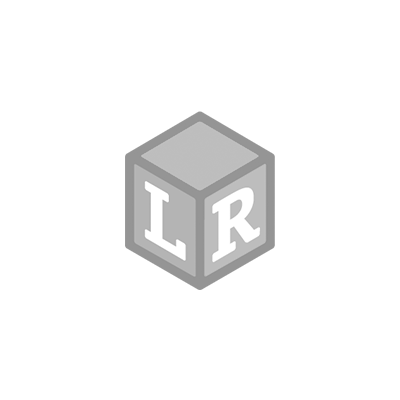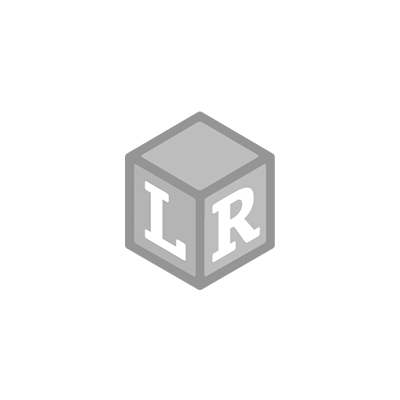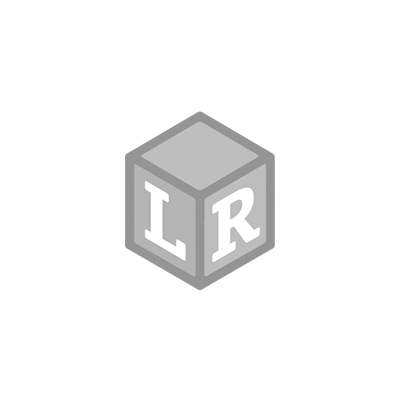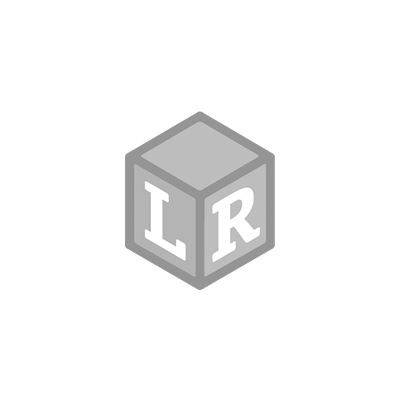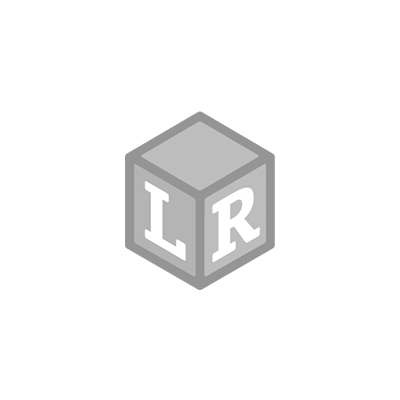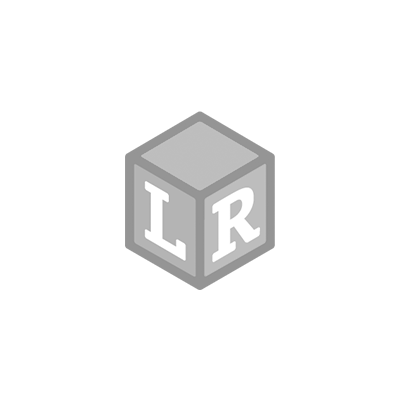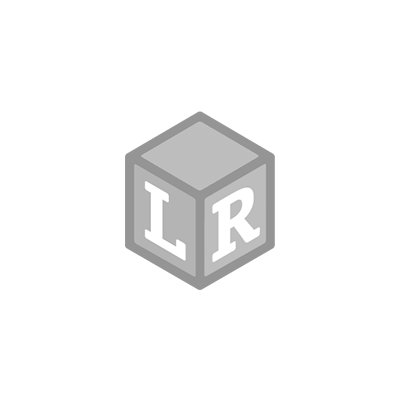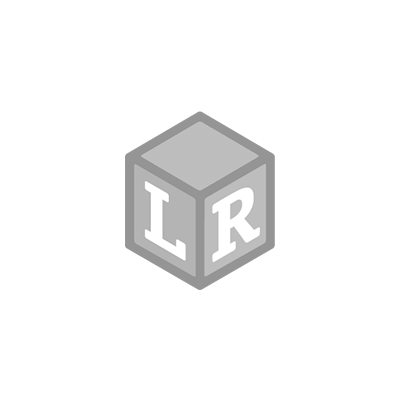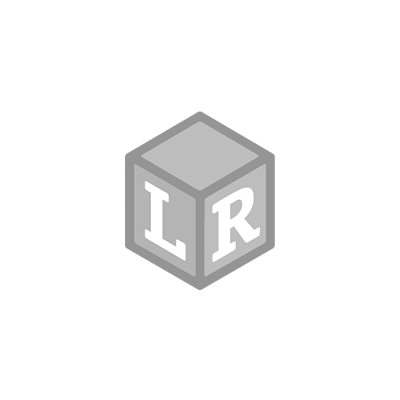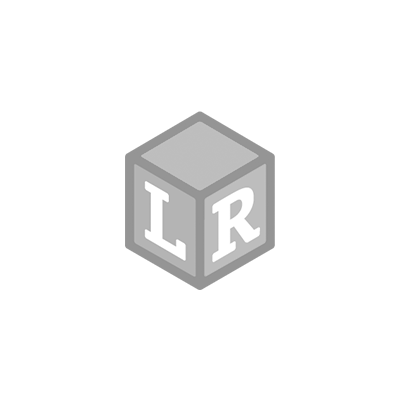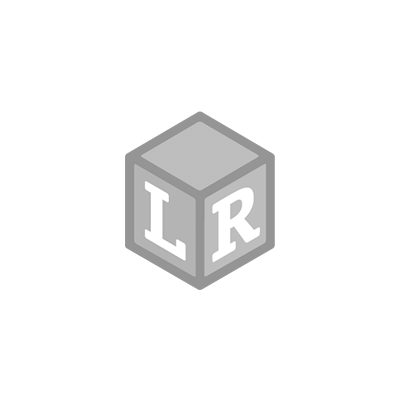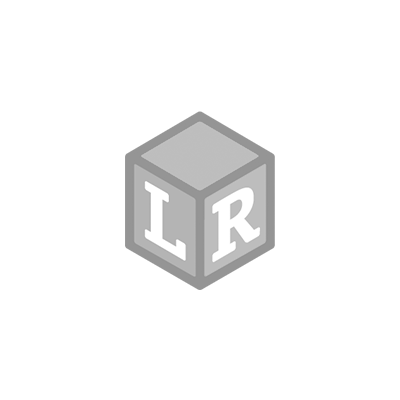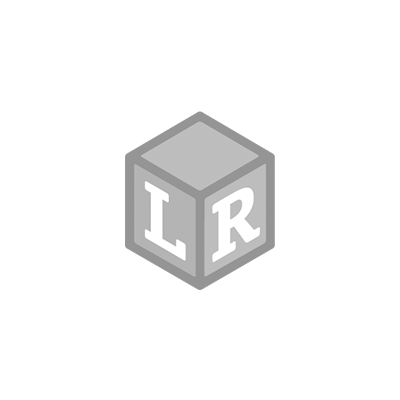
What Should My Four-Year-Old Be Learning?
- Gabrielle Fischer Posted On Jan 12, 2022 | 2 - 4 Years Reading
Four-year-olds are so much fun! Becoming more independent by the minute, fours are generally super social and extra energetic. They’ll probably begin to push the boundaries a bit this year, though, and will likely give up on napping (sorry, Mom). They’ll also benefit from time away from parents and caregivers as they prepare to enter Kindergarten next year. Below is a list of other social-emotional, language, cognitive, and physical skills you may see emerge this year (but remember, kids progress at their speeds and may pick up these skills earlier or later!):
Social-Emotional Skills
Your baby is officially a preschooler now, learning to identify and express their emotions appropriately, with words rather than emotions. Other exciting social, emotional skills your four-year-old will likely learn this year include:
- Approaching new experiences with excitement
- Preferring playing with friends than alone (and can take turns and cooperate most of the time)
- Sharing information about things they’re interested in
- Role-playing mom or dad during pretend playtime
- Clearly expressing a thought or idea
Language Skills
Look out! With an average vocabulary of up to 1,600 words, your four-year-old has plenty to say! Fours are becoming much more communicative, using longer, clearer sentences, singing songs, playing word games, even reciting short poems! Here are some other language skills your four-year-old may acquire this year:
- Speaking fluently and enough to be understood by strangers
- Telling a story about something that happened to them
- Singing a simple song from memory… Oh, the wheels on the bus go…
- Answering questions beginning with who, what, where, when, why, how many…
- Playing simply rhyming games (cluck says the duck!)
Cognitive Skills
Fours are building the foundation for future learning, practicing shapes, letters, numbers, counting, and attempting to write and draw. By the time most kids start Kindergarten (usually around age five), they’ll:
- Know their full name and maybe their phone number
- Recognize letters, numbers, and signs
- Count 10 or more objects
- Draw a person with 4-6 body parts (head with mouth and eyes, body with arms and legs)
- Understand comparative terms like big/small, short/tall, same/different, empty/full, etc.
Physical Skills
It may feel like your four-year-old is in constant motion, running, jumping, climbing, hopping, and hiding all day long. In addition to honing their gross motor skills, this year, they’ll also be refining key fine motor movements that allow them to dress and feed themselves (hooray). Other physical skills your little one will be working on this year include:
- Buttoning and unbuttoning their clothing
- Using childsafe scissors
- Running faster and climbing higher than they did at three
- Balancing on one foot for 3 seconds
- Walking a “tightrope”
- Climbing stairs with no support
Remember that kids develop at different speeds, so don’t worry if it’s taking your little one a little longer to master any of the skills above. You can support their development by practicing these things at home, in a fun way – and you can track your child’s milestones by age with the CDC’s mobile milestone app!
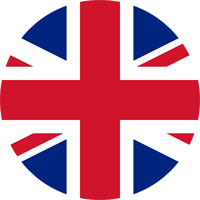 Shop UK Site
Shop UK Site 
